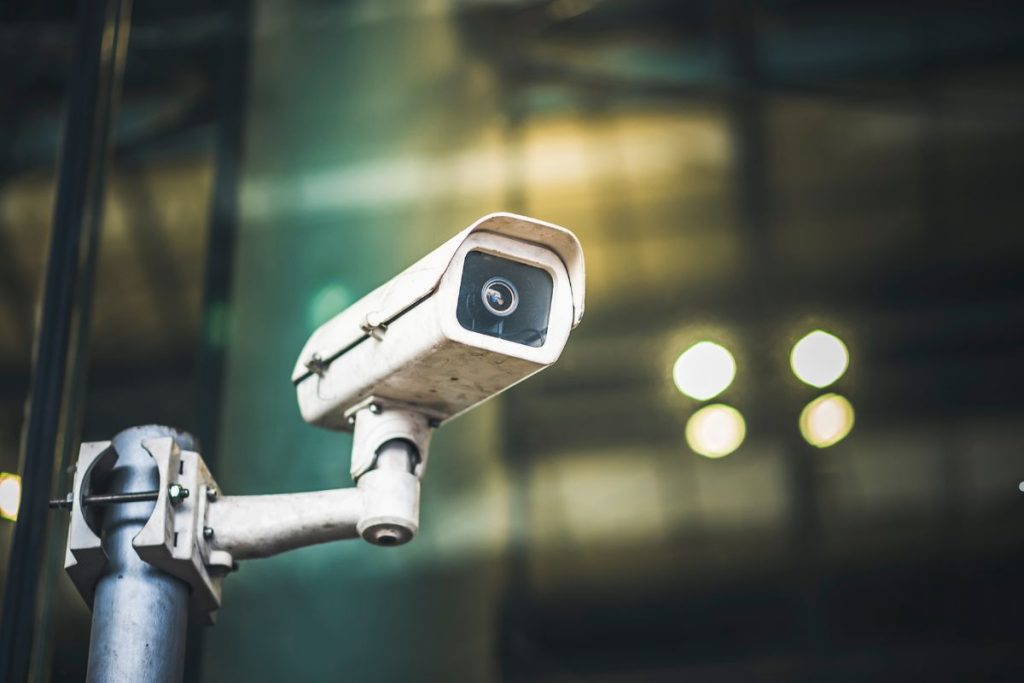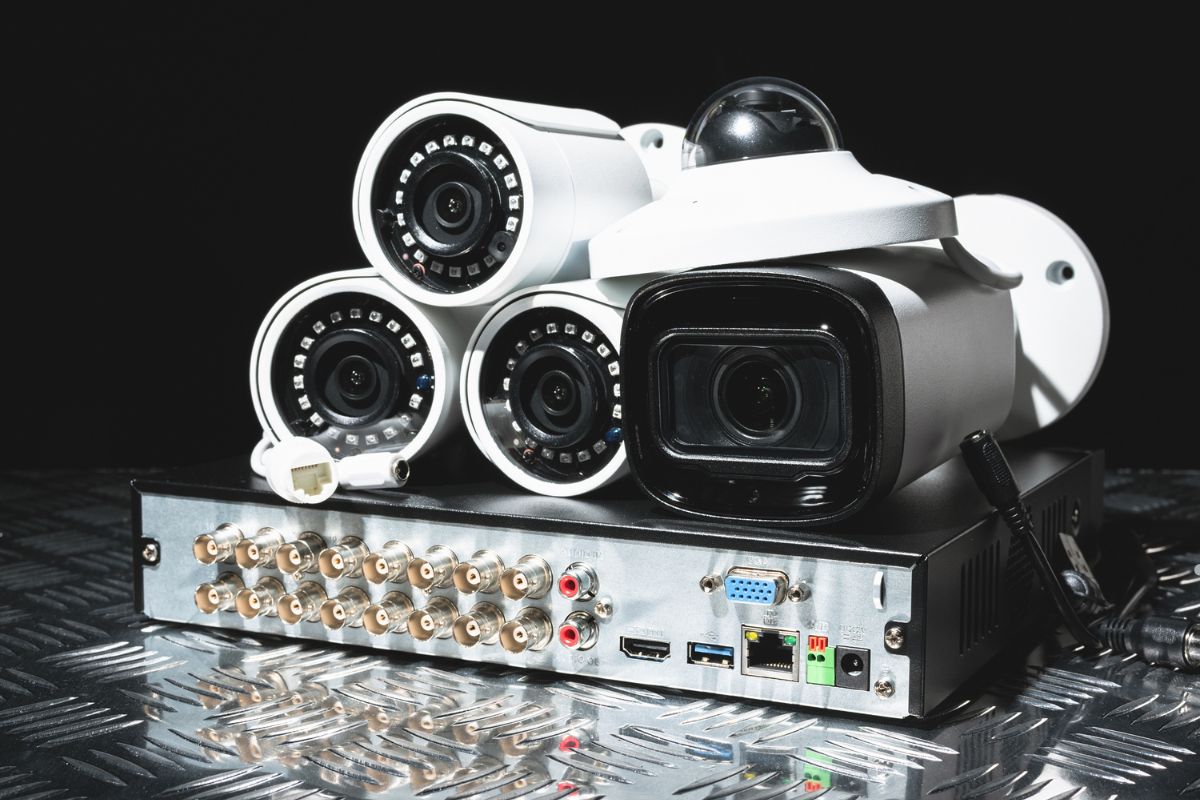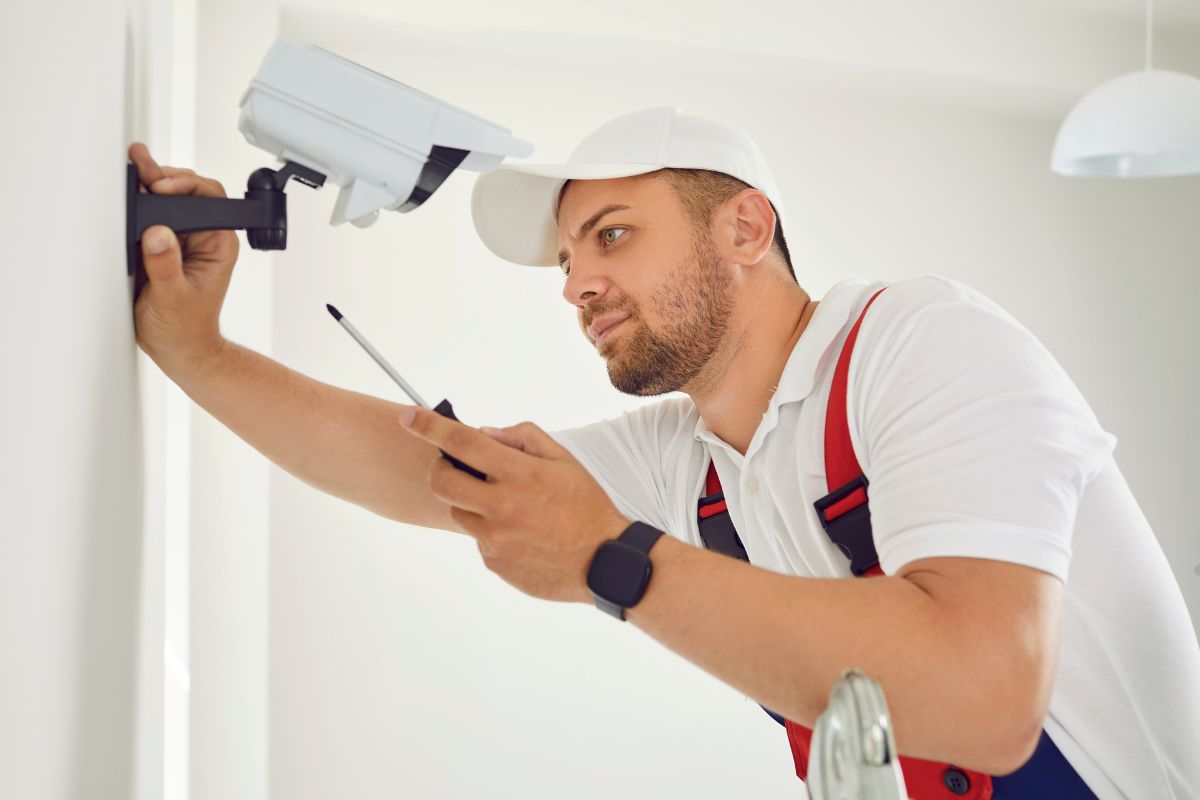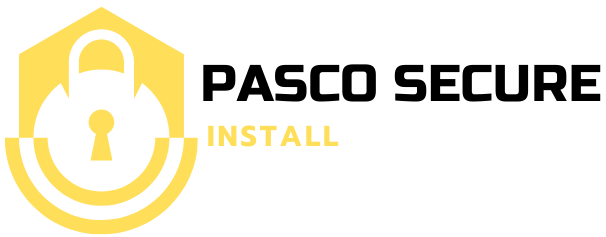
Are you looking to bolster your home or business security? The answer often lies in a well-designed security camera system. From deterring crime to providing crucial evidence and offering peace of mind, security cameras are an essential investment for properties across the USA. This comprehensive guide will walk you through everything you need to know, empowering you to make informed decisions about protecting what matters most.
Why Invest in Security Cameras?
Security cameras provide far more than just a visual deterrent—they play a crucial role in enhancing your safety and security. Not only do they discourage potential criminals by recording their actions, but in the event of a break-in, vandalism, or other incidents, security cameras offer valuable evidence that can help identify suspects and support law enforcement. In addition to crime prevention, they allow you to monitor your property, ensuring the safety of your family, employees, and assets. With remote viewing capabilities, you can have peace of mind knowing your property is being watched, even when you’re not there. For expert installation and security solutions, contact us today!
Types of Security Cameras

The world of security cameras is vast and varied, offering a range of options to suit different needs and budgets. Understanding the different types is crucial for making the right choice.
- Indoor vs. Outdoor Cameras: Indoor cameras are designed for discreet monitoring inside your home or business, while outdoor cameras are built to withstand the elements and provide surveillance of your property’s perimeter.
- Wired vs. Wireless Cameras: Wired cameras offer a stable and reliable connection, while wireless cameras provide greater flexibility in placement. Wireless cameras like Arlo and Ring, offer easy installation and setup. However, they can be susceptible to interference and require batteries or charging. Wired systems, while requiring more involved installation, offer consistent performance and are less vulnerable to hacking.
- IP Cameras vs. Analog Cameras: IP (Internet Protocol) cameras transmit digital signals over the internet, providing higher resolution and advanced features. Analog cameras, on the other hand, transmit analog signals and are typically less expensive but offer lower image quality.
- PTZ Cameras (Pan, Tilt, Zoom): These cameras offer remote control over the camera’s direction and zoom, allowing for a wider field of view and closer examination of specific areas.
- Dome vs. Bullet Cameras: Dome cameras are discreet and vandal-resistant, making them ideal for indoor or outdoor use. Bullet cameras are more visible and often used for long-range surveillance.
Your home is your haven, and prioritizing its safety and security is essential. Modern home security systems come with a wide range of features, from basic entry-point monitoring to advanced smart home integration and 24/7 professional monitoring. This guide will take you through the key features to look for when installing a home security system, helping you make informed choices to protect your family and property. For more information, check out our guide: Home Security Installations and Alarm Monitoring Features.
Key Features to Consider
Once you’ve chosen the type of camera, consider these key features:
- Resolution and Image Quality: Higher resolution cameras produce sharper and more detailed images, making it easier to identify people and objects. Look for cameras with at least 1080p (Full HD) resolution.
- Night Vision Capabilities: Essential for nighttime surveillance, night vision allows cameras to capture clear images in low-light conditions.
- Field of View and Lens Options: The field of view determines how much area the camera can cover. Wider lenses provide a broader view, while narrower lenses are better for focusing on specific areas.
- Motion Detection and Alerts: Motion detection triggers the camera to record when movement is detected and sends alerts to your smartphone or email.
- Two-Way Audio: This feature enables you to remotely interact with individuals on your property, offering the convenience and peace of mind of being able to communicate directly, no matter where you are. Whether you’re at work, on vacation, or just away for the day, this functionality ensures you’re always connected and in control. For more information or to have this feature installed, call us today!
DIY vs. Professional Installation
Deciding whether to install security cameras yourself or hire a professional depends on your technical skills, budget, and time commitment. DIY installation can save money, but it requires a good understanding of electrical wiring and networking. Professional installation ensures that your cameras are properly installed and configured for optimal performance.
Security Camera Systems and Storage Options
Security camera systems typically consist of multiple cameras connected to a central recording device. Two primary storage options exist:
- Local Storage (DVR/NVR): DVRs (Digital Video Recorders) are used with analog cameras, while NVRs (Network Video Recorders) are used with IP cameras. These devices record footage to a hard drive, providing secure and reliable storage.
- Cloud Storage Solutions: Cloud storage offers the convenience of accessing your footage from anywhere with an internet connection. Cloud services typically charge a monthly fee for storage and access.
Legal and Ethical Considerations
It’s crucial to be aware of the legal and ethical implications of using security cameras. You must respect the privacy of others and avoid recording in areas where people have a reasonable expectation of privacy, such as bathrooms or bedrooms. Many states have laws regarding audio recording, so be sure to comply with those regulations.
Top Security Camera Brands in the USA
Several reputable security camera brands are available in the US market, including:
- Arlo: Known for its wireless cameras and user-friendly app.
- Ring: Popular for its doorbell cameras and integrated security system.
- Nest: Offers a range of smart home security products, including cameras with advanced features.
- Lorex: Provides a wide variety of wired and wireless security cameras for both home and business use.
- Swann: Offers affordable security camera systems with a focus on ease of use.
Cost of Security Cameras and Systems
The cost of security cameras and systems can vary significantly based on the type of camera, its features, and the installation method. A single wireless camera typically ranges from $50 to $300, while a complete system with multiple cameras and professional installation can cost anywhere from $500 to several thousand dollars. For a customized quote or expert advice, call us today!
Securing Your Business with Cameras

Security cameras are particularly valuable for businesses, providing:
- Preventing Theft and Vandalism: Cameras deter criminals and provide evidence in the event of theft or vandalism.
- Monitoring Employee Performance: Cameras can help monitor employee productivity and ensure compliance with company policies.
- Enhancing Customer Safety: Cameras can create a safer environment for customers and employees.
Smart Home Integration
Security cameras can be integrated with smart home systems for enhanced automation and control. You can use your smartphone to view live footage, receive alerts, and control camera settings. Smart home integration allows you to create a seamless and comprehensive security system.
Maintenance and Troubleshooting
Regular maintenance is essential for ensuring that your security cameras continue to function properly. Clean the lenses regularly to remove dust and debris. Check the batteries in wireless cameras and replace them as needed. Troubleshoot any issues promptly to avoid gaps in your security coverage.
Future Trends in Security Cameras
The security camera industry is constantly evolving, with new technologies and features emerging regularly. Artificial intelligence (AI) is being used to enhance motion detection and reduce false alarms. Facial recognition technology is becoming more sophisticated, allowing cameras to identify individuals. Cloud storage is becoming more affordable and reliable, providing greater accessibility to your footage.
Investing in security cameras is a smart way to protect your home or business and gain peace of mind. By understanding the different types of cameras, key features, and legal considerations, you can make informed decisions about your security needs. Whether you choose a DIY installation or hire a professional, security cameras are an essential investment in your safety and security.
FAQs
What is the best security camera for…?
The “best” camera depends on your specific needs and budget. Consider factors such as indoor vs. outdoor use, wired vs. wireless, resolution, night vision, and features like motion detection and two-way audio.
How much does a security system cost?
The cost can vary widely depending on the number of cameras, installation costs, and monitoring fees. Expect to pay anywhere from a few hundred dollars for a basic system to several thousand dollars for a more comprehensive setup.
Are wireless security cameras secure?
Wireless security cameras can provide reliable protection, but it’s essential to select trusted brands and take steps to secure your network. Use strong passwords, enable encryption, and regularly update your firmware to ensure maximum security. For expert installation and advice, contact us today!
